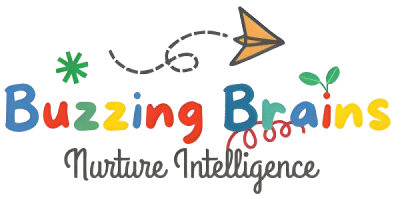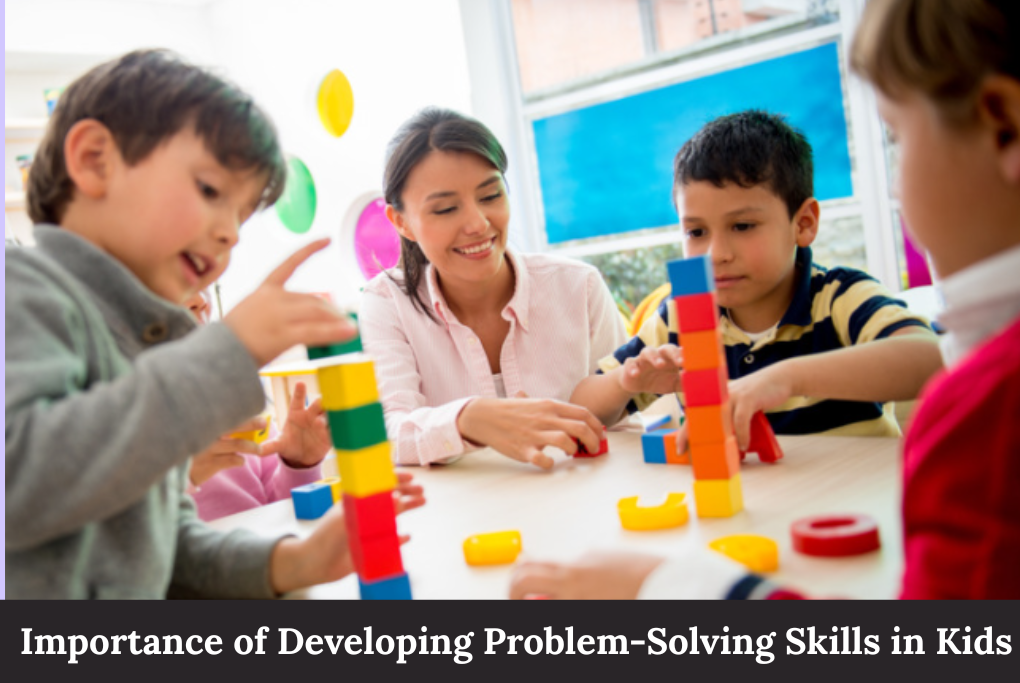As a parent, you want your child to grow into a healthy, confident, and capable individual. One crucial aspect of childhood development is problem-solving skills, which enable kids to think critically and come up with solutions to various challenges. In this article, we’ll explore the importance of developing problem-solving skills in kids, the repercussions of not having developed these skills, and provide tips and strategies for parents to improve problem-solving skills in their children.
What are Problem-Solving Skills?
Problem-solving skills refer to the ability to identify and resolve problems in a logical and systematic way. These skills involve critical thinking, analysis, and decision-making, and are essential for kids to navigate various challenges in their personal and academic lives.
Why is it Important to Develop Problem-Solving Skills?
Developing problem-solving skills is crucial for kids’ cognitive development, academic success, and future careers. Here are some reasons why:
Improved Academic Performance: Problem-solving skills are essential for academic success, enabling kids to understand complex concepts and apply them to real-world problems.
Enhanced Critical Thinking: Problem-solving skills involve critical thinking, which can help kids evaluate information, identify biases, and make informed decisions.
Increased Confidence: Mastering problem-solving skills can boost kids’ confidence and self-esteem, enabling them to tackle new challenges with greater ease.
Better Career Opportunities: Problem-solving skills are highly valued by employers, and kids who develop these skills are more likely to succeed in their future careers.
Repercussions of Not Having Developed Problem-Solving Skills
If kids don’t develop problem-solving skills, they may face several challenges, including:
Difficulty with Academic Work: Kids who struggle with problem-solving skills may find it challenging to understand complex concepts and complete academic tasks.
Low Confidence: Poor problem-solving skills can lead to low confidence and self-esteem, making kids more likely to avoid challenges and new experiences.
Limited Career Opportunities: Kids who don’t develop problem-solving skills may struggle to succeed in their future careers, limiting their opportunities and potential.
Effects of a Lack of Problem-Solving Skills in Different Age Groups
The effects of a lack of problem-solving skills can vary depending on the age group:
2-5 years: Kids in this age group may struggle with basic problem-solving skills, such as sorting objects or resolving simple conflicts.
5-10 years: Kids in this age group may find it challenging to develop more complex problem-solving skills, such as analyzing information or identifying patterns.
10+ years: Kids in this age group may struggle with advanced problem-solving skills, such as evaluating complex information or making strategic decisions.
Games, Puzzles, and Activities to Improve Problem-Solving Skills
Here are some games, puzzles, and activities that can help improve problem-solving skills in kids:
Puzzles: Puzzles, such as jigsaw puzzles or brain teasers, can help kids develop problem-solving skills, such as critical thinking and analysis.
Board Games: Board games, such as chess or Scrabble, can help kids develop problem-solving skills, such as strategic thinking and decision-making.
Science Experiments: Science experiments can help kids develop problem-solving skills, such as hypothesis testing and data analysis.
Brain Games: Brain games, such as Sudoku or logic games, can help kids develop problem-solving skills, such as critical thinking and problem-solving.
Strategies to Improve Problem-Solving Skills in Children
Here are some strategies to improve problem-solving skills in kids:
Encourage Critical Thinking: Encourage kids to think critically and evaluate information, rather than simply accepting it at face value.
Provide Opportunities for Practice: Provide opportunities for kids to practice problem-solving skills, such as puzzles, brain games, or science experiments.
Foster a Growth Mindset: Foster a growth mindset in kids, encouraging them to view challenges as opportunities for growth and development.
Model Problem-Solving Skills: Model problem-solving skills yourself, demonstrating how to approach challenges in a logical and systematic way.
Tips for Parents
Here are some tips for parents to help improve problem-solving skills in their kids:
Encourage Independence: Encourage kids to think independently and come up with their own solutions to problems.
Provide Feedback: Provide feedback to kids on their problem-solving skills, helping them to identify areas for improvement and develop strategies for improvement.
Make it Fun: Make problem-solving fun and engaging, using games and activities that kids enjoy.
Be Patient: Be patient and supportive, recognizing that problem-solving skill development can take time and practice.
Additional Tips for Parents
Here are some additional tips for parents to help improve problem-solving skills in their kids:
Use Real-Life Examples: Use real-life examples to help kids develop problem-solving skills, such as resolving conflicts or making decisions.
Encourage Active Learning: Encourage kids to engage in active learning, such as hands-on activities and experiments, to help develop problem-solving skills.
Provide Opportunities for Reflection: Provide opportunities for kids to reflect on their problem-solving processes, helping them to identify areas for improvement and develop strategies for improvement.
Celebrate Successes: Celebrate kids’ successes in problem-solving, helping to build their confidence and motivation.
Common Challenges and Solutions
- Here are some common challenges that parents may face when trying to improve problem-solving skills in their kids, along with some potential solutions:
- Lack of Motivation: Encourage kids to find problems that interest them, and provide positive reinforcement and support.
- Limited Access to Resources: Look for free or low-cost resources in your community, such as libraries or online educational resources, that can support problem-solving skill development.
- Learning Disabilities: Consult with a healthcare professional or educational specialist to develop a plan that meets your kid’s needs and abilities.
The Importance of Early Intervention
Early intervention is critical for kids who are struggling with problem-solving skills. Research shows that kids who receive early intervention and support are more likely to develop the skills they need to succeed in school and beyond.
Conclusion
Problem-solving skills are essential for kids’ cognitive development, academic success, and future careers. By providing opportunities for practice, making it fun, and being a positive role model, parents can help their kids develop the problem-solving skills they need to succeed.

